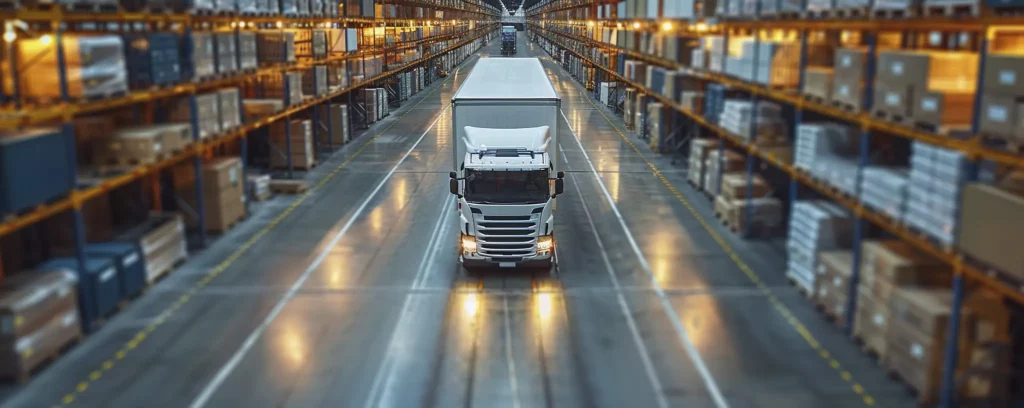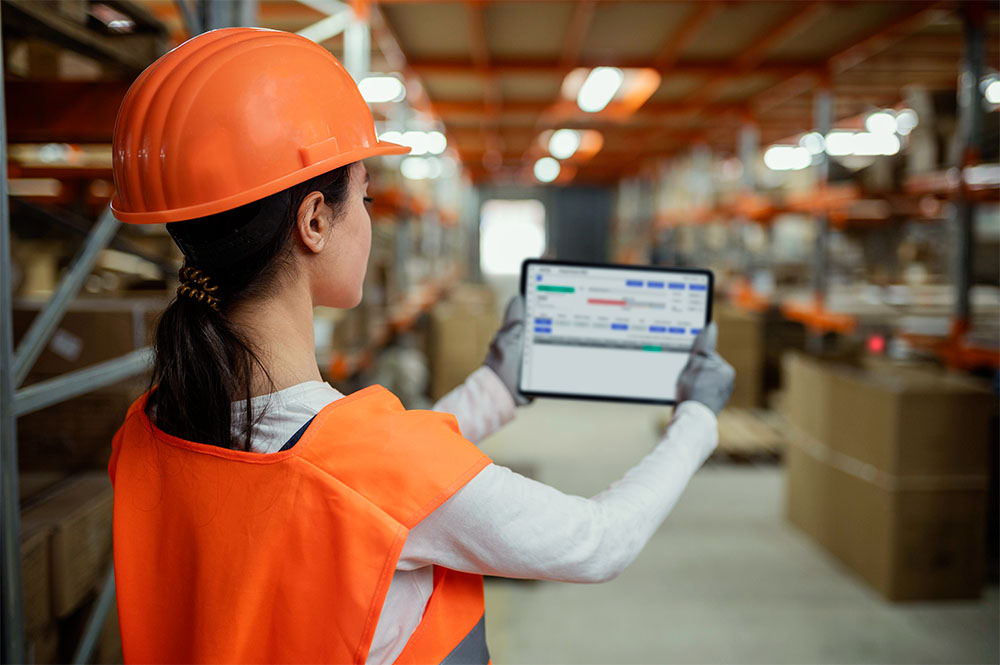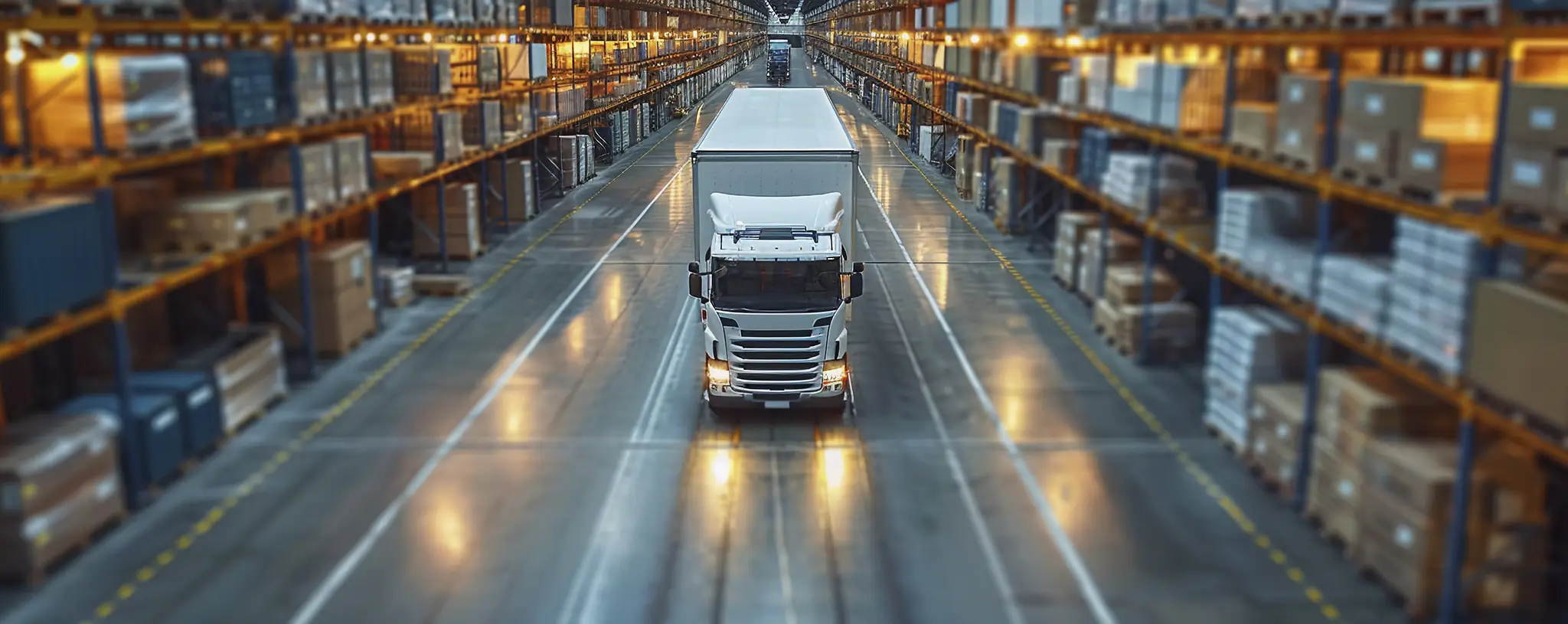
What Is Not Considered a Manufacturing Cost
During the Q&A session on a webinar focusing on Total Manufacturing Costs, a question arose regarding whether the costs of machine downtime during failures can be included in Total Manufacturing Cost (TMC). The consultants’ go-to response was, “it depends.”
So, what does it depend on? It hinges on how we intend to use the calculated cost. If the aim is to determine the value of a specific batch manufactured during a failure, we can certainly do so. This information becomes internal evidence of disruption caused by the failure, revealing a deviation from the assumed cost efficiency of the manufacturing process concerning that particular batch or order. However, if we intend to incorporate this calculation into accounting, it must align with the Accounting Act in force.
In Poland, it’s infeasible, as the Act explicitly states:
“A justified portion of indirect costs, relevant to the period of manufacture of a finished product, includes variable indirect production costs and this portion of fixed, indirect production costs which represent the level of these costs at the normal utilization of production capacity. The normal level of utilization of production capacity is defined as average, expected in typical circumstances, production output for a given number of periods or seasons, taking into account planned repairs.”
Clearly, a failure does not fall within the category of normal utilization of production capacity. Hence, such a cost cannot be included in TMC. Determining normal utilization can be facilitated by a Manufacturing Execution System (MES) or an Overall Equipment Effectiveness (OEE), topics covered in our other materials.
As an extension of the webinar discussion, the following is a comprehensive list of what does not constitute a manufacturing cost according to the Polish Accounting Act. Regarding the cost classification presented during the webinar, it is evident that the listed items belong to general and administrative costs or selling costs.
For more insights on this topic and other subjects related to enterprise management and digitalization, explore our ImFactory Knowledge Zone, where you will find a wealth of informative articles.
Feel welcome to reach out to us via the Consultation Form or on LinkedIn.
What is Not Considered a Manufacturing Cost?
- Unjustified indirect costs of production resulting from unused capacity, including:
- Costs of wages for unplanned downtime,
- Costs related to inoperative production equipment,
- Costs of maintaining unused production space,
- Other fixed indirect costs unassigned to products,
- Production losses exceeding normal production risk, including those resulting from unrecoverable deficiencies and the cost of repairing deficiencies,
- Selling costs, including expenses for promotion, advertising, marketing, completion and packaging, dispatch, and delivery,
- License fees dependent on the sales volume,
- Costs of warranty and guarantee repairs,
- Costs of overall management, such as remuneration of board members and supervisory authorities, maintenance costs of offices, company cars for the board, IT system, accounting, taxes, fees, and other expenses related to the enterprise as a whole,
- Costs of product storage; however, if storage is necessary to bring products to saleable condition (e.g. maturing of cheeses manufactured by the company or aging of alcoholic beverages), it belongs to production costs.


Michał Zieliński is a graduate in Automatic Control and Robotics, as well as a postgraduate Lean Six Sigma Black Belt from Gdansk University of Technology. He is a partner at ImFactory, where he works as a Project Manager and Head of the Digital Consulting Department. At ImFactory, he is involved in shaping a vision for the advancement of IT systems in manufacturing environments, evaluating the digital maturity of enterprises, and planning their Digital Transformation journey. His projects encompass a wide range of activities, from overseeing surveillance and monitoring installations to implementing comprehensive integrated manufacturing management systems.
See also
Want to learn more? Visit our Knowledge Base, where you'll find articles and webinars by experts to expand your knowledge.
Check if Digital Transformation is the Answer to Your Company's Needs































